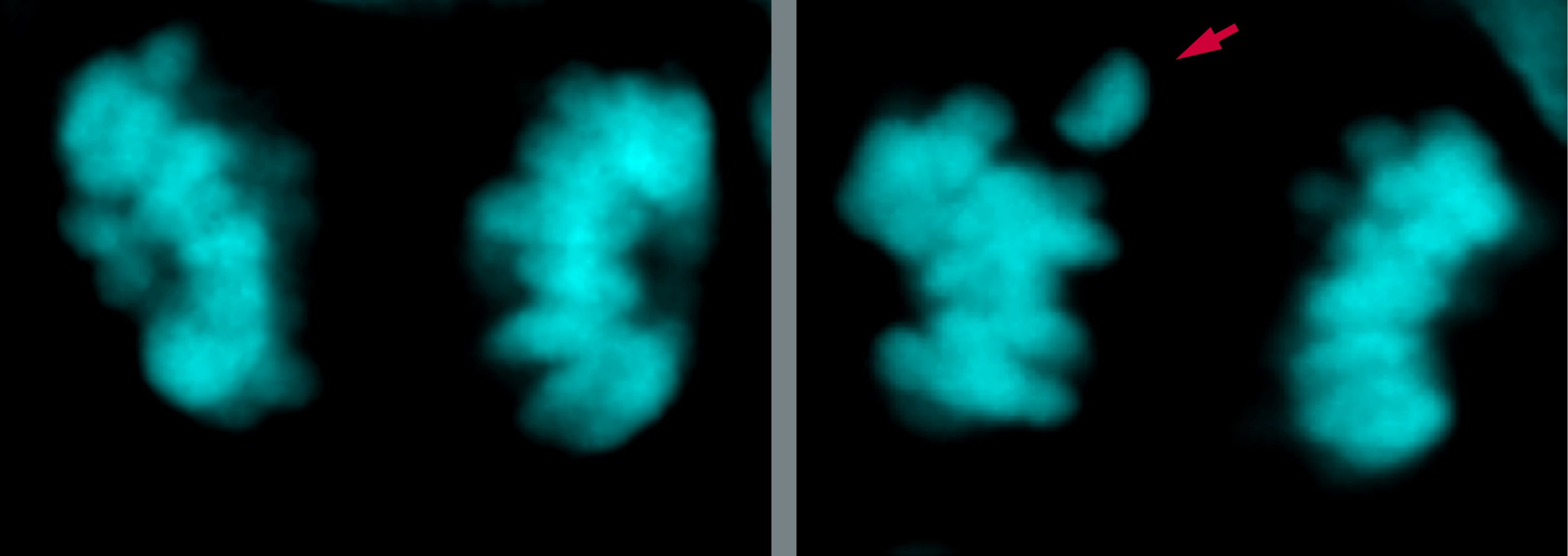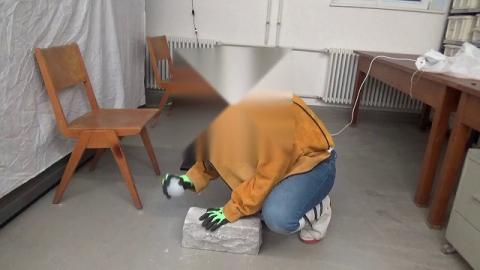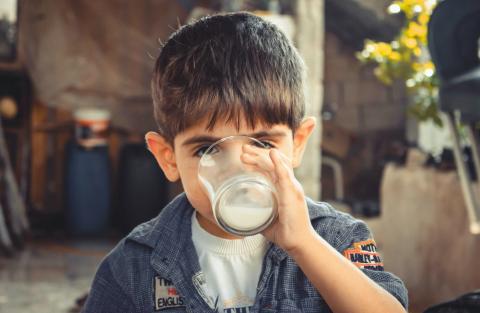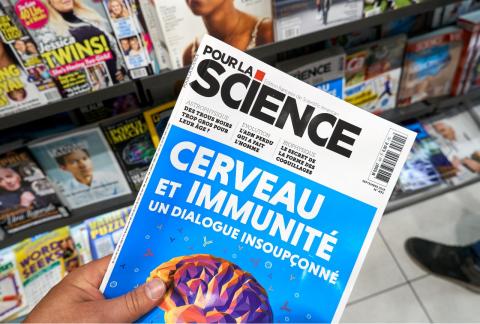Reactions: modern humans record fewer chromosomal errors during brain development than Neanderthals and apes
Compared to Neanderthals and apes, modern humans experience fewer chromosomal inheritance errors when their brains develop, according to a new study published in Science Advances.

Víctor Borrell - neandertales cerebro EN
Víctor Borrell
Research Professor at CSIC at the Institute of Neurosciences (Alicante)
Dr. Svante Pääbo is a pioneer in the study of the ancestral human genome, particularly the Neanderthal genome, and Dr. Wieland Huttner is a pioneer in the study of embryonic brain development and the unique aspects of the human being. Both scientists are world celebrities in their field. In this study they worked together to identify the differences in brain development between modern man and Neanderthal man, in order to understand which characteristics may have given modern man an evolutionary advantage and success.
There are very few differences between our genome and that of Neanderthals, affecting only three of the proteins important for embryonic brain development. The researchers studied the effect these minimal differences have on human neural stem cells, substituting the modern version for the Neanderthal. By comparison, they also created transgenic mice with the modern human version replacing the mouse version. These experiments showed that the proteins in the Neanderthal version work worse than those in the modern human, causing more chromosomal errors during cell division, which is also true for the chimpanzee and mouse version.
This superior reliability in modern humans may have been an evolutionary advantage for more optimal brain development, suffering fewer errors during cell division. These findings confirm for the first time the hypotheses that proposed a superior brain development in modern man compared to Neanderthals, but that the differences are not in the number of neurons born, but in the quality control of this process, which has a much greater impact on the function of the adult brain. This is a first step towards understanding to what extent these differences may have given us some advantage, intellectual or otherwise, showing also that at the genomic level small changes can have big consequences.
Carles Lalueza - neandertales cerebro EN
Carles Lalueza-Fox
Director of the Museum of Natural Sciences of Barcelona and specialist in DNA recovery techniques in remains from the past
This type of functional work exploring the effects on living individuals of the hundred or so differences in genes previously found between Neanderthals and modern humans shows, on the one hand, the experimental complexity involved in understanding these differences. On the other hand, they reflect the difficulties of extrapolating them in a comprehensible way to the evolution of both lineages.
Felipe Mora Bermúdez et al.
- Research article
- Peer reviewed
- Animals



